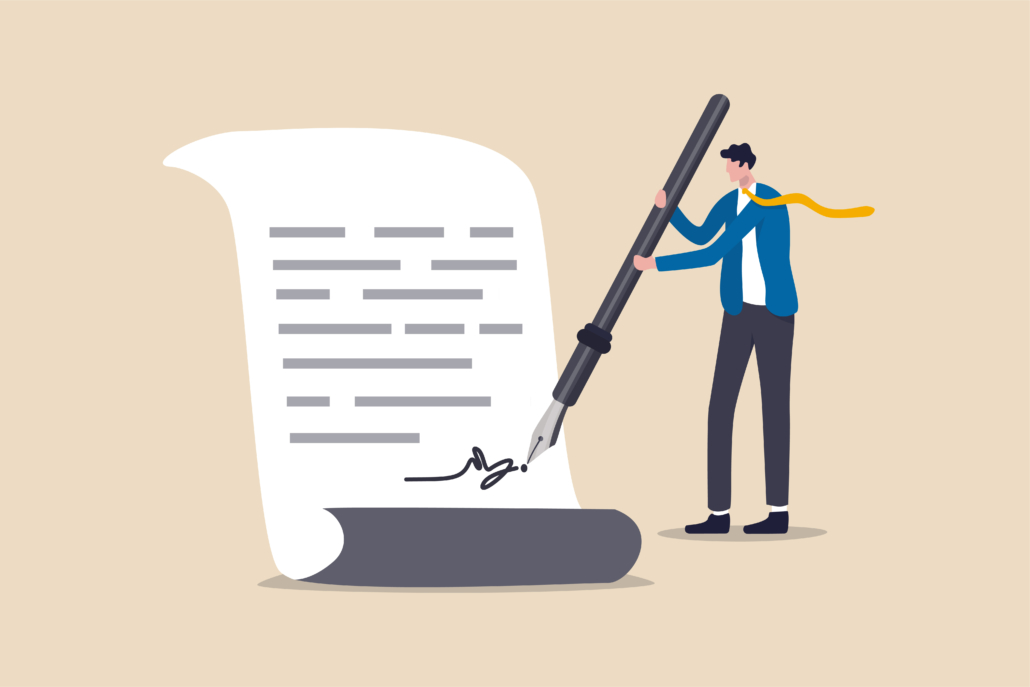Written Buyer Agreements: What You Need To Know
When you begin working with a REALTOR® to buy a home, you will be asked to sign a written buyer agreement. Here’s what you need to know about these agreements:
What is a written buyer agreement and what does it do?
A written buyer agreement is an agreement between you and your REALTOR® that outlines the services your REALTOR® will provide you, and what they will be paid for those services.
Why am I being asked to sign an agreement?
Written buyer agreements became a nationwide requirement for many REALTOR® as a part of the National Association of REALTORS®’ proposed settlement of litigation related to broker commissions. The requirement went into effect on August 17, 2024.
Are these agreements new?
In some places, yes. Many states have required them for years, while some, including Illinois, have not. As a result, it is entirely possible you or others you know have not used them in the past. Regardless, they are now a nationwide requirement for many REALTORS®.
Are these agreements negotiable?
Yes. You should feel empowered to negotiate any aspect of the agreement with your REALTOR®, such as the services you want to receive, the length of the agreement and the compensation, if any. Compensation between you and your REALTOR® is negotiable and not set by law. In the written agreement, the compensation must be clearly defined (e.g., $0, X flat fee, X percent, X hourly rate), not open-ended or a range. It is important to sign only an agreement that reflects what you have agreed to with your REALTOR®.
How do I benefit from these agreements?
These agreements clearly lay out what services you, as a homebuyer, expect your REALTOR® to provide, and what your REALTOR® will be paid. These agreements make things clear and reduce any potential confusion at the outset of your relationship with your REALTOR®.
When do I need to sign an agreement?
You will be asked to enter into a written buyer agreement with your REALTOR® before touring a home with them, either in-person or virtually. If you are simply visiting an open house on your own or asking a REALTOR® about their services, you do not need to sign a written buyer agreement.
Does this mean I have to pay my REALTOR® out of pocket?
Not necessarily. While you are responsible for paying your REALTOR® what is outlined by your agreement, you can still request, negotiate for and receive compensation for your REALTOR® from the seller or their REALTOR®.
Do agreements dictate a specific type of relationship I need to have with my REALTOR®?
No—you are allowed to enter into any type of business relationship with your REALTOR® that is allowed in the state law where you live.
Can I change or exit an agreement?
Yes. You and your REALTOR® can mutually agree to change your agreement. Agreements may have specific conditions under which they can be exited, so read the text of the agreement and speak with your REALTOR® if you would like to change or exit your agreement.










